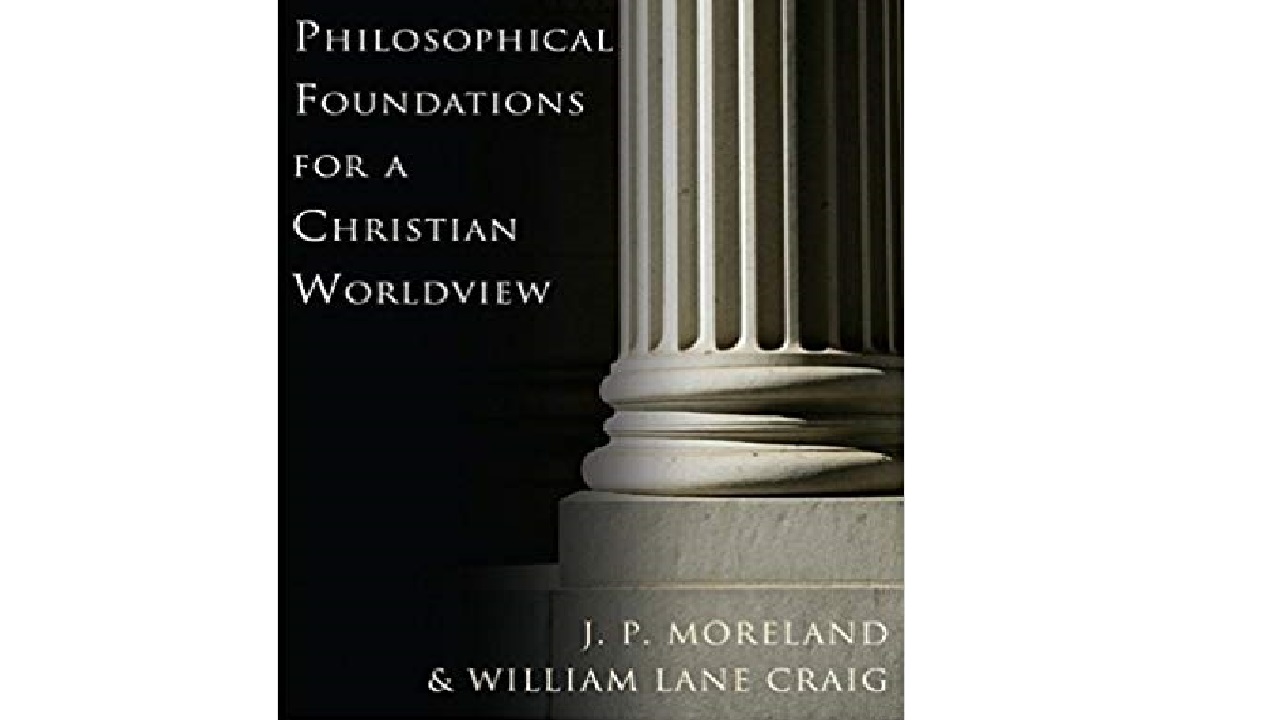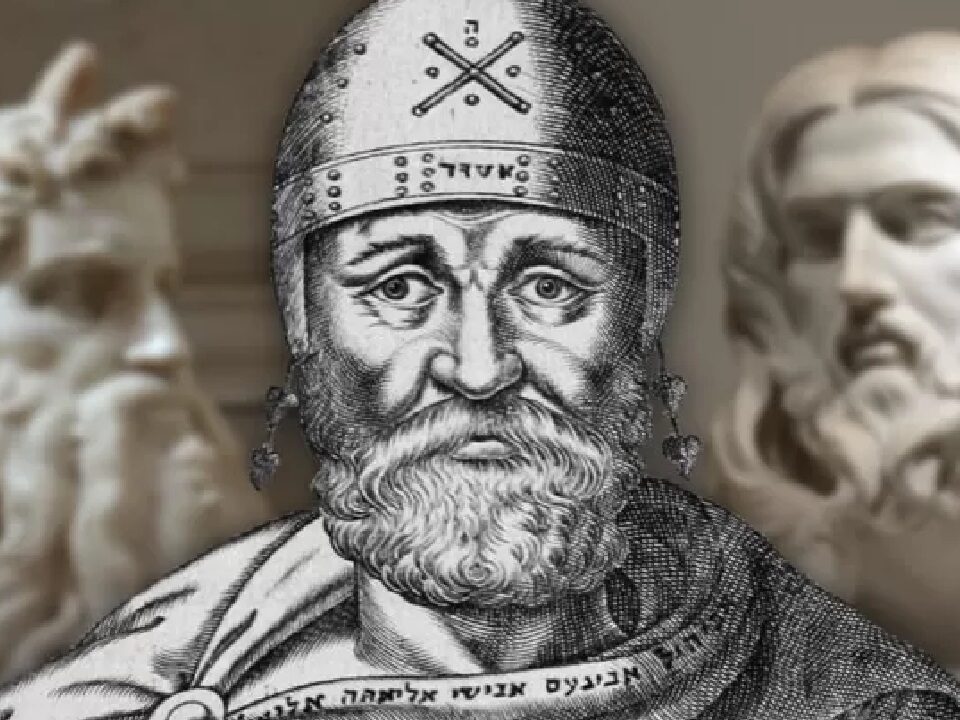
Trini Vs Trini
March 28, 2019
What does “Alpha and Omega,” “First and Last” mean in the Bible?
April 25, 2019How God is One but Three!

Jesus is not “a second God” like Philo’s Logos; he is one with the Father, so that those who worship both Father and Son can still claim that they worship only one God.
Eventually, Christian theology would be further complicated by the doctrine of the Holy Spirit, which also has its roots in the New Testament and even in pre-Christian Judaism. Over the next few centuries, Christian theologians would labor to find acceptable formulas that would enable them to affirm the divinity of Jesus and the Spirit, but still maintain the unity of God. Along the way, several formulas were rejected as heretical. In the second century C.E., Justin Martyr, following in the footsteps of Philo, spoke of the Logos as “another God” beside the Father; he added that the Logos was other “in number, not in will,” and proposed the analogy of one torch lit from another suggesting different manifestations of the same divine entity. This position led to the Monarchian controversy about the unity of God. The Monarchians adopted the position that the Father and Son are one and the same, two aspects of the same being [see Patripassianism]. The Council of Nicea, convened by the emperor Constantine in 325 C.E., condemned Arianism [Christian unitarian view] as a heresy, and adopted the creed that the Son is “one in being (homoousious), with the Father” and that the Spirit “proceeds from the Father and the Son.” Even people who signed the decree at the time understood these formulas in different ways, and the controversy continued for several centuries.
In traditional Christian theology, the doctrine of the Trinity is a mystery, which entails an admission that it is not entirely amenable to rational logic and understanding. Non-Christians, and many Christians who lack the appetite for metaphysical reasoning, may be forgiven for thinking that this allows for some equivocation, enabling Christianity to maintain contradictory positions without admitting it. Be that as it may, Christianity has never wavered in its claim to be a monotheistic religion. However the different persons of the Trinity are defined, they are to be understood as falling within the overarching unity of God. The notion that God is three as well as one, however, obviously entails a considerable qualification of monotheism.
Both Judaism and Christianity are committed to monotheism, the belief that ultimately there is only one God. Moreover, the break between Christianity and Judaism, particularly in their understanding of monotheistic doctrines, was not as sharp or complete as is sometimes assumed. The Synoptic Gospels can be reconciled quite easily with Jewish understandings of monotheism. The theology of Justin Martyr and Origen, in 2nd century C.E. Christianity, is not greatly removed from that of Philo, except that the Logos is now believed to be incarnate in the person of Jesus. This was, to be sure, a considerable difference, but the difference lay in the evaluation of a specific historical person rather than in the theological framework of monotheism or di-theism. Philo, for example, could speak of the patriarchs as empsychoi nomoi, or “the laws of God incarnate.” Only gradually did the Christian understanding of Christ and the Spirit evolve to the point where it was incompatible with any Jewish understanding of monotheism, and this process was only finalized in the 4th century C.E. Even the Nicene Creed (325 C.E.) begins with the confession, “I believe in one God [the Father].” Despite the logical anomalies of the Trinity, this confession is still repeated in Christian churches to this day.

